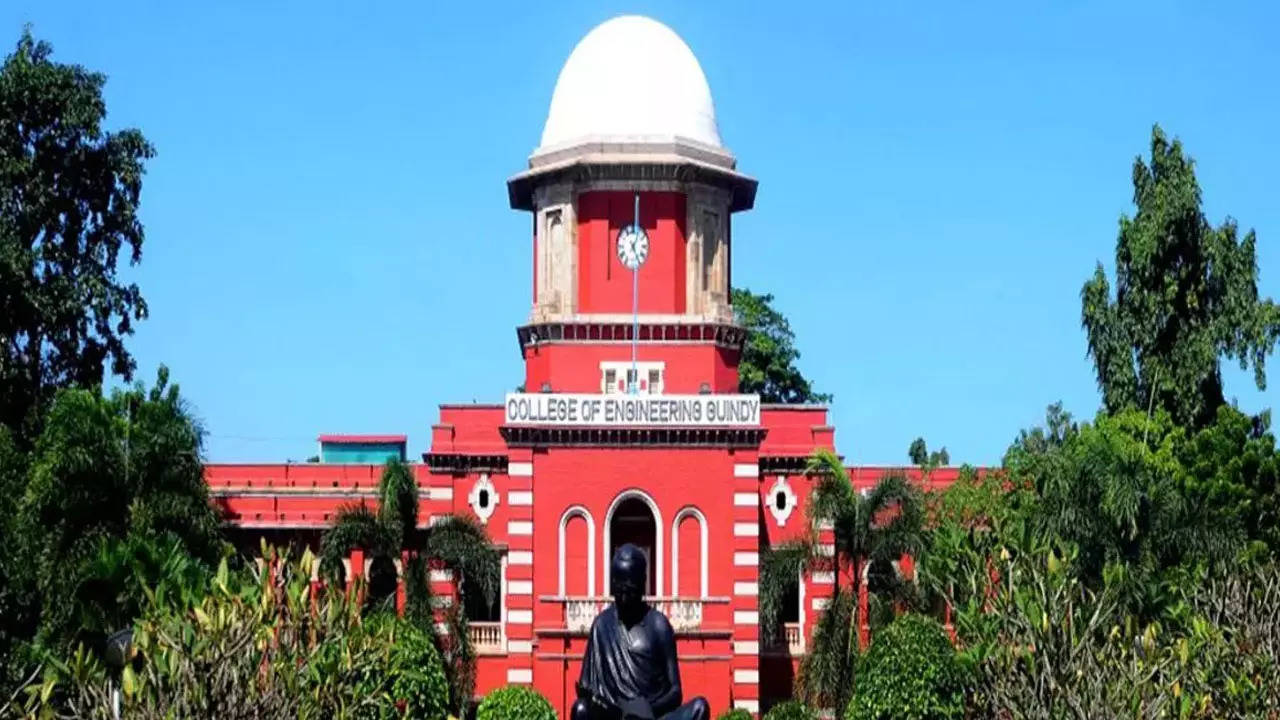
By: R S Raveendhren
CHENNAI: Last month, chief minister M K Stalin said that government control in the appointment of vice-chancellors of state universities would be on the agenda in the March assembly session. Apart from Tamil Nadu, governments of West Bengal, Maharashtra and Kerala have expressed concerns over the governors’ excessive intervention in the functioning of state universities.
The practice of appointing the governor as ex-officio chancellor of universities dates to the pre-Independence era. The foundation was laid down in the dispatch of Sir Charles Wood in 1854 to the court of directors described as ‘The Magna Carta of English Education’ in India.
This document led the court of directors to deliberate that it was perhaps time to establish Indian universities modelled on the London University. Consequently, the universities of Calcutta, Bombay and Madras were established in 1857. These universities like the university back in London consisted of a chancellor, vice-chancellor and the senate. The governor-general of British India was as the chancellor of the Calcutta University and the governors of Bombay and Madras headed their state universities.
After Independence, whenever a state university is established, it is done with the help of a legislation passed by the state assembly. The statute unequivocally incorporates this vestigial provision of making the governor of that state its ex-officio chancellor. And this is why the governor, till date, exercises the power to appoint vice-chancellors. However, what we need to note is that post Independence, the governor is a Constitutional functionary.
Article 153 of the Constitution provides for a governor for each state his functions and powers. Article 163(1) of the Constitution implies that the governor is bound to act on the aid and advice of his council of ministers in the discharge of his functions fairly indicating that even the ‘discretion’ that is conferred on his office is limited to the extent that the Constitution contemplates. The question we need to ask is: Can the governor hold a dejure office when the Constitution does not confer any such privileges? This question is relevant today in relation to recent appointments of vice-chancellors by the governor. It has created resentment in some states that are reacting acrimoniously. To cite a few instances, in 2019, the government of West Bengal introduced new rules that abolished and/or reduced the role of its chancellor. The Maharashtra assembly similarly passed a law to bring changes to the process of appointment of vice-chancellors in the state. They are indications that some states want to limit interference in matters of educational institutions.
The historical relevance of governors as ex-officio chancellors must give way to something else if states want to exercise autonomous control over their universities. The Kothari Committee (19641966) and the Knowledge Commission (2006-2009) have timely-cautioned against such erosion of autonomy.
Tamil Nadu has also faced similar issues. Appointments of vice-chancellors by governors like S L Khurana, Ch Vidyasagar Rao and Banwarilal Purohit have led to several showdowns in the past. Deserving academician-candidates from within the state have been sidelined by candidates appointed from other states.
The full bench of the High Court of Punjab & Haryana in Hardwari Lal vs G D Tapase has held that the governor has an independent existence and the office held by him is statutory in nature as distinct from the constitutional office of the governor. The Supreme Court has also affirmed in Bhuri Nath vs State of J&K that when governors are entrusted with powers derived from statutes in official capacity, they are not to act on the aid and advice of the council of ministers making a distinction between the two types of offices.
When political demography undergoes changes, there are inherent dangers of letting the governor interfere with policy matters of the state. It is impossible to say that in any political dynamics, a governor as the chancellor will continue to be apolitical. Justice Madan Mohan Punchhi Commission (2010) that was constituted to study Centre-State relationship has also recommended the removal of governor from the post of chancellor of universities.
Tamil Nadu has always been a strong votary for state autonomy and a formidable torchbearer of federal principles. The state legislature will be well within its rights if it decides to reduce such powers or does away with it. A strong precedent is the stand by Prime Minister Narendra Modi who as the chief minister of Gujarat strongly advocated for taking away such powers.
President Ramnath Kovind at the 51st Conference of Governors, LieutenantGovernors and Administrators called upon the heads of states to play the role of a friend, a philosopher and a guide to the state government.
This predicament has been wrought upon by states themselves and not imposed by the Union government. In Parliamentary Democracy, accountability can be pragmatically questioned from elected representatives only and not from titular heads. It is surprising that after seven decades, we are still holding on to colonial legacies. It is time that state governments pave the way for greater autonomy.
(The author is an advocate at the Madras high court) Email your feedback to southpole. toi@timesgroup. com







